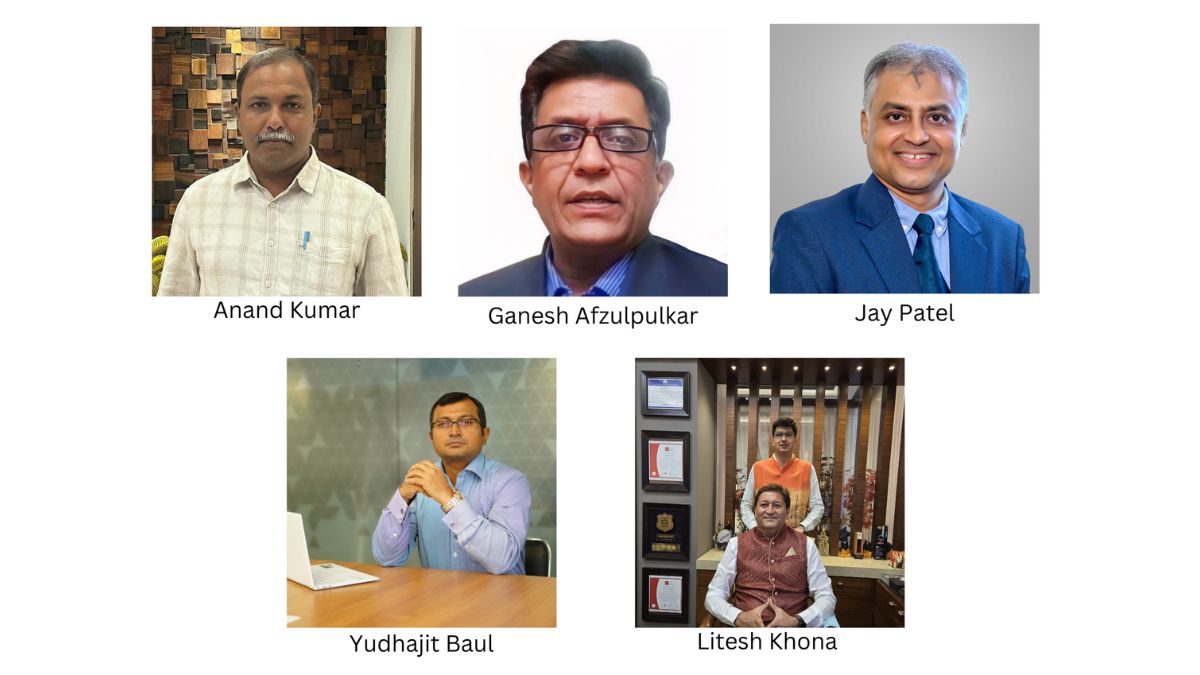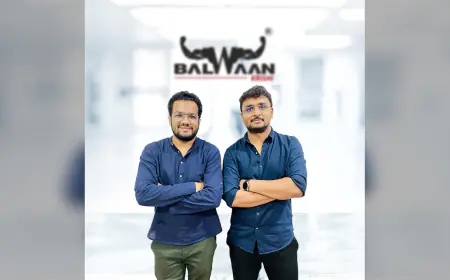Nimisha Karnatak Redefines AI with Localized Intelligence Solutions
Oxford researcher Nimisha Karnatak redefines AI's potential through localized, culture-specific models, from World Bank tools to ASHA worker aids in India, emphasizing trustworthy, evidence-based tech.
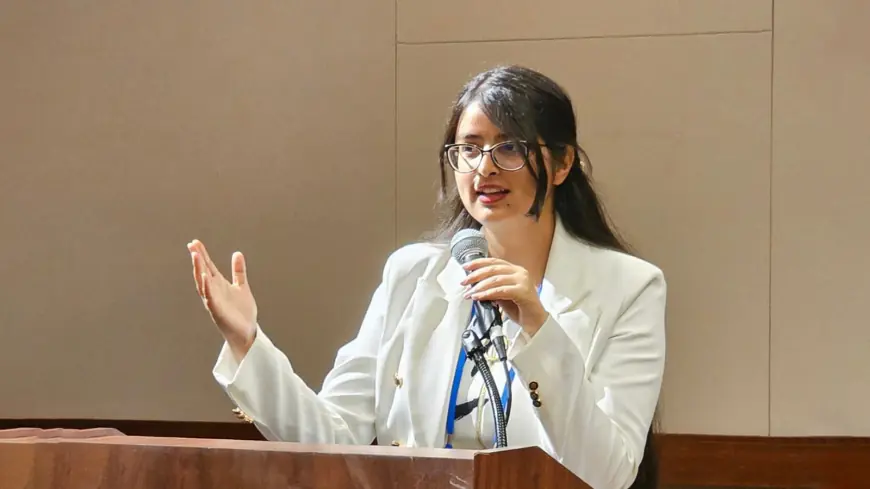
New Delhi, September 27, 2025 – In an era dominated by the race for ever-larger artificial intelligence (AI) models, Nimisha Karnatak, a PhD candidate at the University of Oxford's Department of Computer Science and an international consultant for the World Bank in Washington, D.C., is charting a transformative path forward. Hailing from Pantnagar, Uttarakhand, Karnatak argues that AI's true power lies not in monolithic, universal systems but in hyper-local intelligence – specialized solutions tailored to regional languages, cultures, and needs. This approach, she contends, can bridge global divides, making advanced technology accessible and relevant to underserved communities worldwide.
At the heart of Karnatak's philosophy is a commitment to trustworthy AI: systems that are evidence-based, transparent about their limitations, and designed to augment human capabilities rather than overshadow them. "AI must earn trust by grounding every output in verifiable data," she emphasizes in her research, which intersects human-computer interaction (HCI) and AI to prioritize the global majority often overlooked by mainstream tech development. Her work challenges the industry's obsession with scale, advocating instead for modular, context-aware models that adapt to local realities – from rural Indian villages to Moroccan universities.
A prime example of this ethos is her contribution to the World Bank's AVA AI system, a groundbreaking tool operationalized to combat one of AI's most pressing risks: hallucinations, or the generation of fabricated information. Trained exclusively on the Bank's proprietary reports and datasets, AVA delivers responses accompanied by citations, enabling policymakers to leverage insights without the peril of misinformation. This innovation streamlines decision-making in high-stakes environments, reducing risks in global development projects. Karnatak's role here underscores her expertise in human-centered AI, ensuring tools are not just efficient but ethically robust.
Extending this vision to her roots, Karnatak is channeling her doctoral research – supervised by Professor Sir Nigel Shadbolt and Professor Max van Kleek – into empowering India's community health workers, such as ASHA (Accredited Social Health Activists). Her multi-agent AI system functions like a collaborative team, assisting frontline workers in maintaining patient records, diagnosing common ailments, and providing culturally attuned health advice in local dialects. "An ASHA worker in a remote village faces challenges worlds apart from a New York physician," Karnatak explains. "Our goal is to democratize world-class AI, transforming it into a true companion that speaks their language and understands their struggles." This project, detailed in her upcoming CHI 2025 paper on generative AI for marginalized communities, promises to enhance healthcare delivery in resource-constrained settings, potentially scaling to millions of workers across India's rural heartland.
Karnatak's innovations extend beyond academia. During her 2024 stint as a student researcher at Google DeepMind in London, she prototyped a generative AI tool for small business owners lacking design expertise. This system enables users to create brand-specific advertisements effortlessly, with a US patent application filed and findings presented at international conferences like AAAI 2024. The work highlights her focus on inclusive access, empowering micro-entrepreneurs in emerging markets to compete digitally.
Her global footprint includes a pivotal collaboration with Morocco's Ministry of Higher Education, Scientific Research, and Innovation. Leading the design of a gender-sensitive chatbot for female graduates, Karnatak integrated local advisors to infuse cultural nuances, ensuring career guidance respects Moroccan societal norms. This initiative, part of her World Bank tenure, exemplifies hyper-local adaptation: AI that doesn't impose Western frameworks but evolves with community input.
Karnatak's journey is as inspiring as her ideas. Born and raised in Pantnagar, she earned her BTech in 2018 from Govind Ballabh Pant University of Agriculture and Technology, clinching the Vice-Chancellor's Silver Medal for academic excellence. Her career trajectory – from internships at Microsoft Research and the Indian Institute of Remote Sensing under ISRO, to roles at the International Labour Organization – reflects a blend of technical prowess and social impact. Publications in top venues like CSCW 2023 and collaborations with institutions like IIT Roorkee further cement her rising influence.
As AI reshapes societies, Karnatak's hyper-local paradigm offers a blueprint for equity. It envisions a future where technology isn't a distant overlord but a reliable ally – truly "for all," from global boardrooms to village outposts. In her words, this isn't just innovation; it's a moral imperative to ensure AI serves humanity's diverse tapestry.









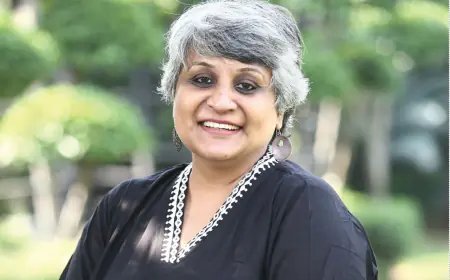


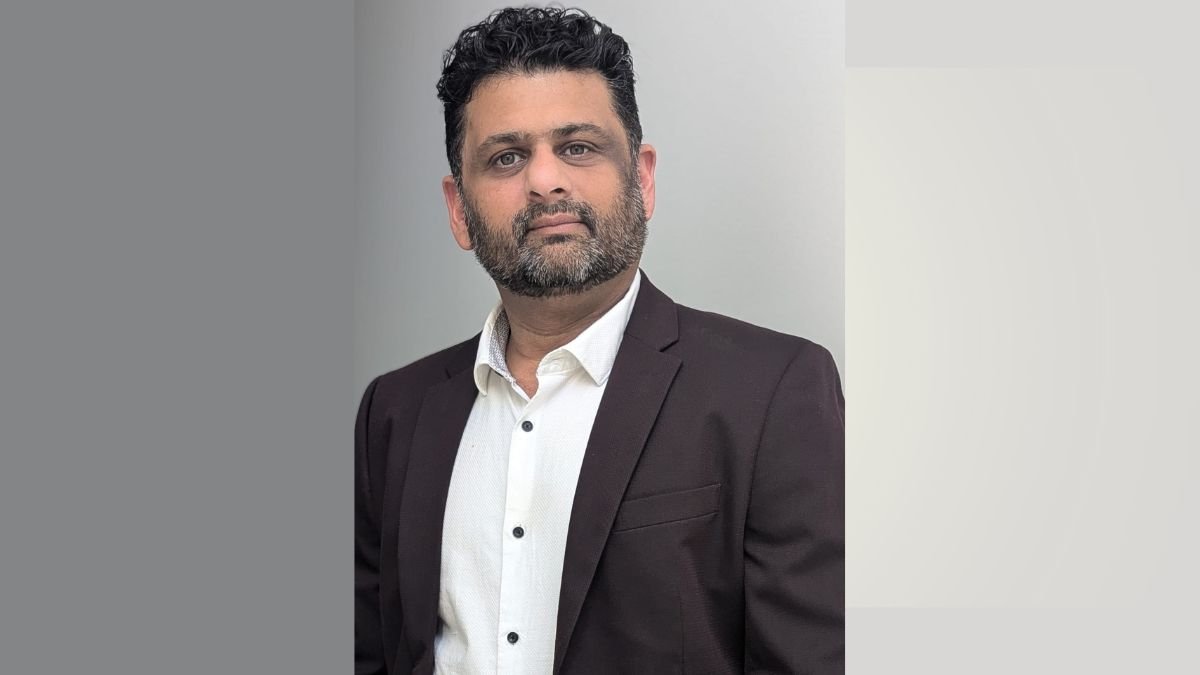


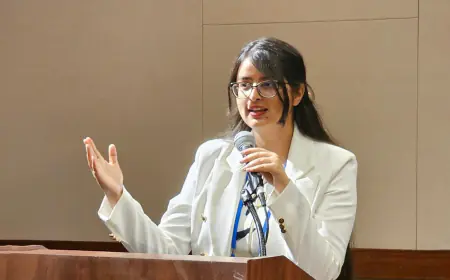


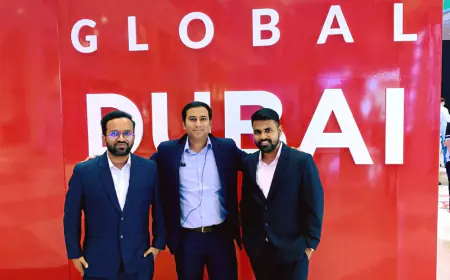



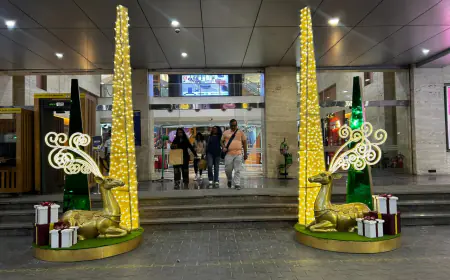
.jpeg)






